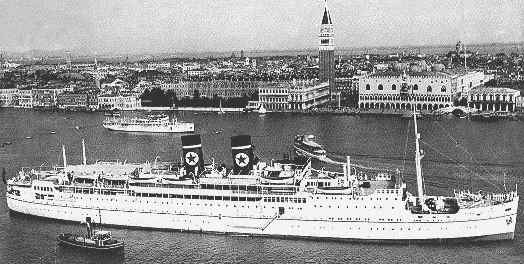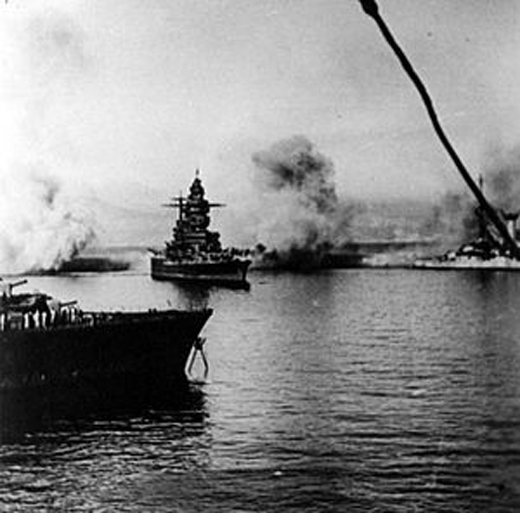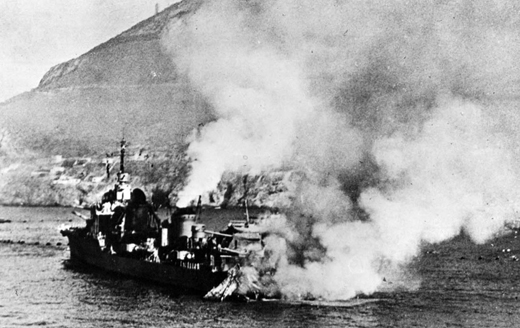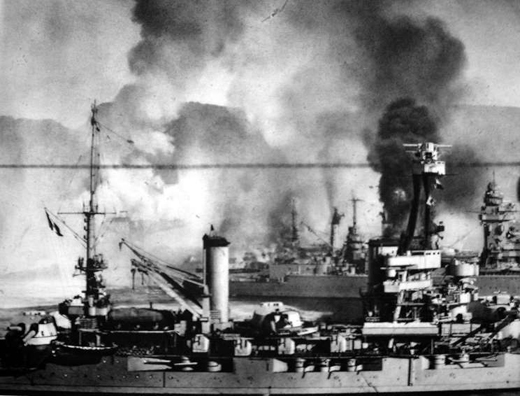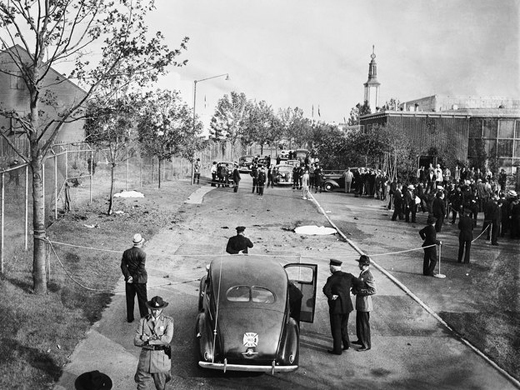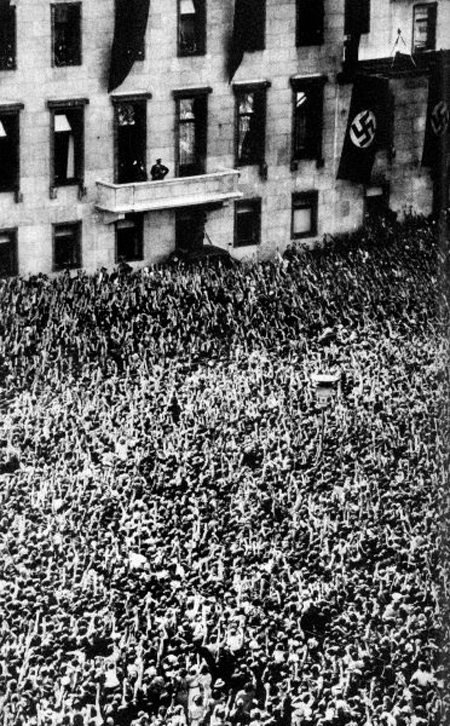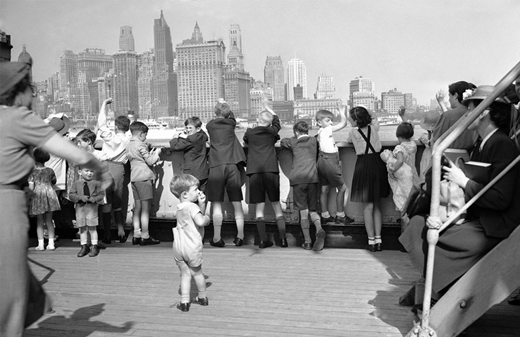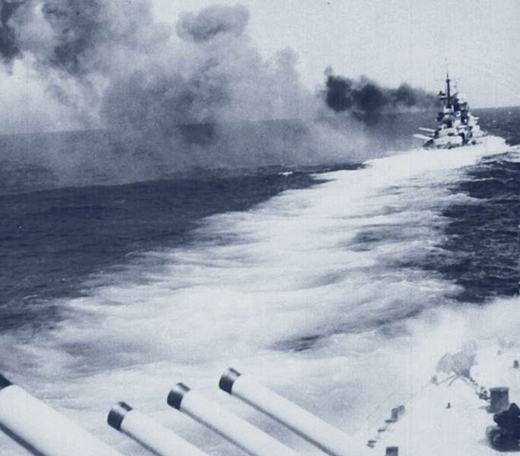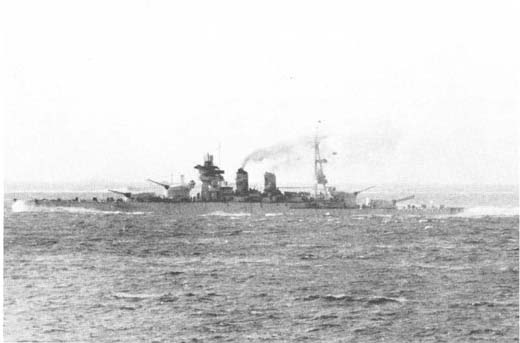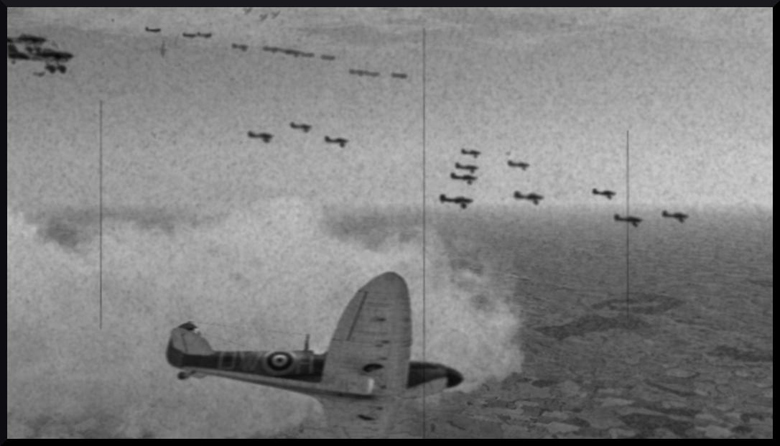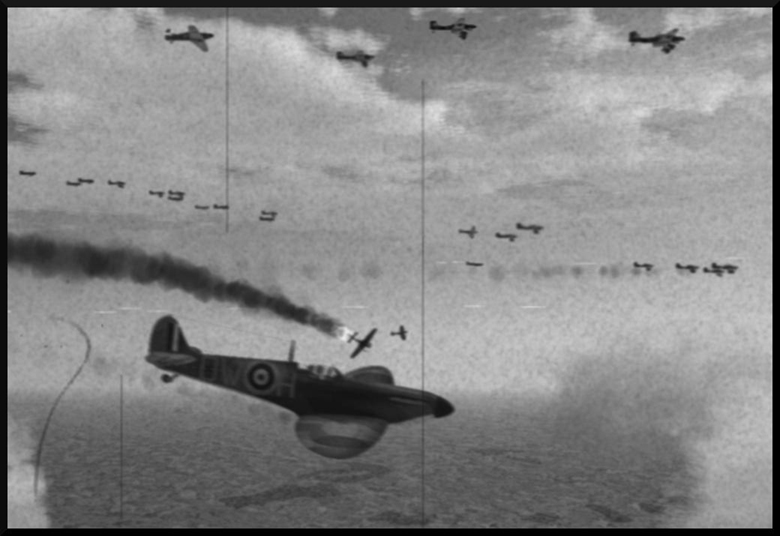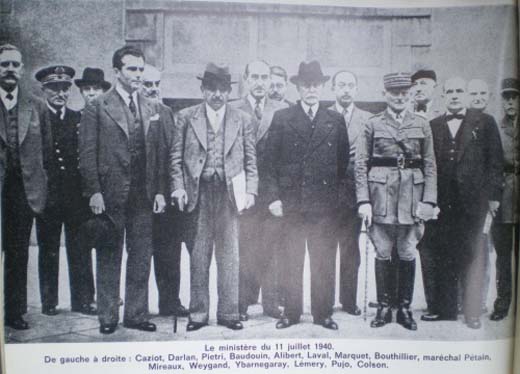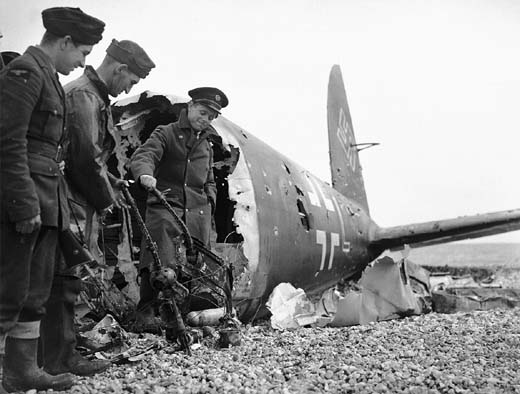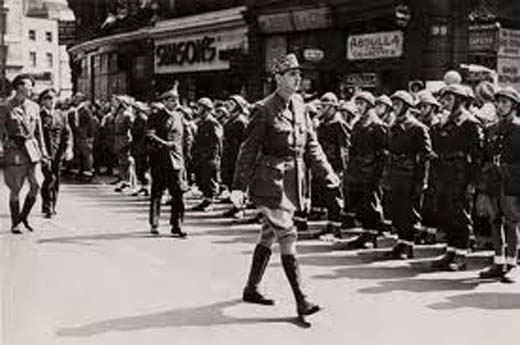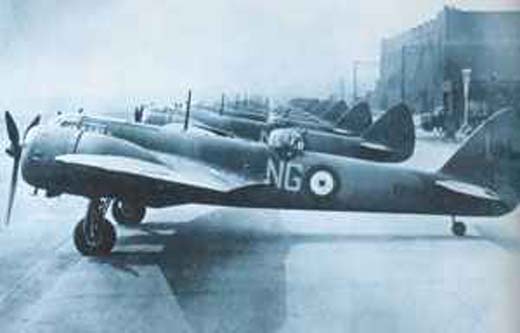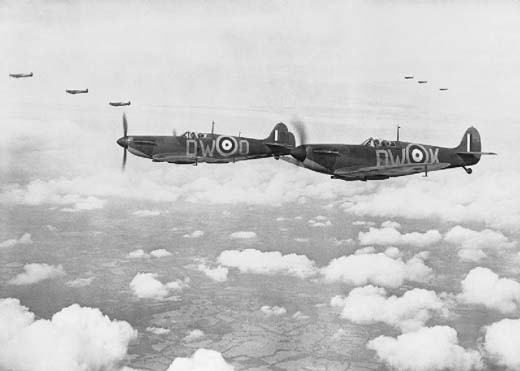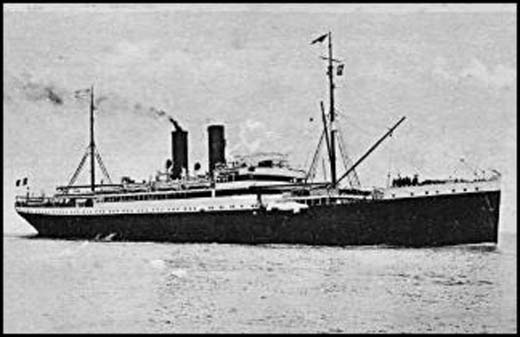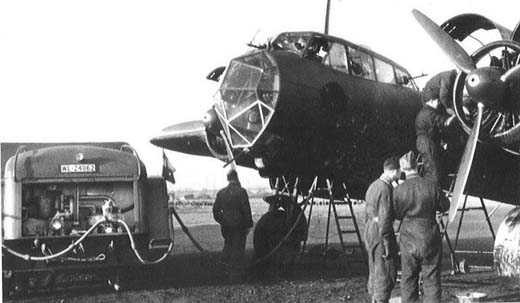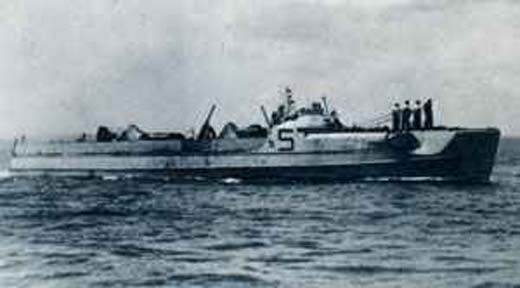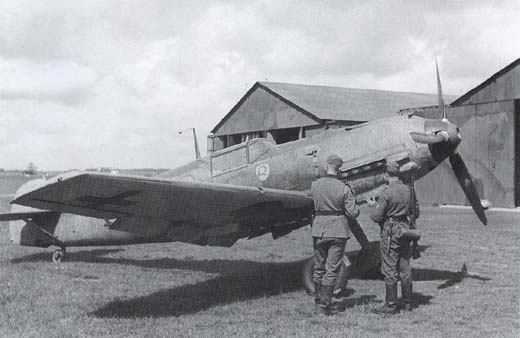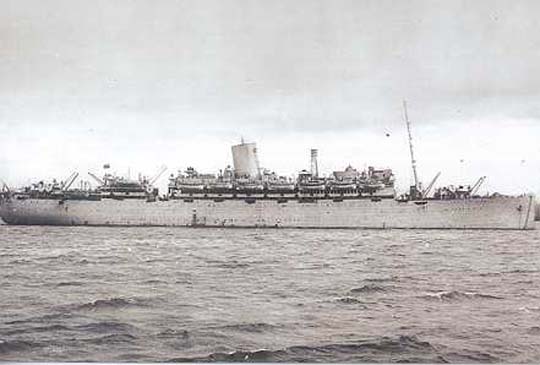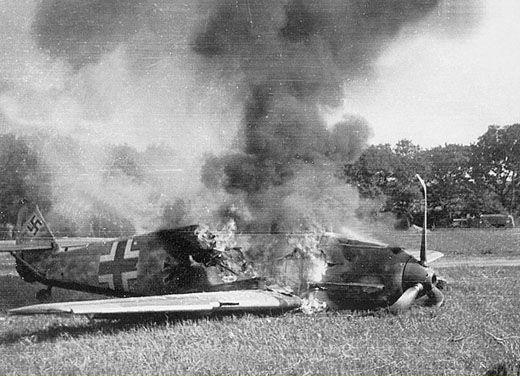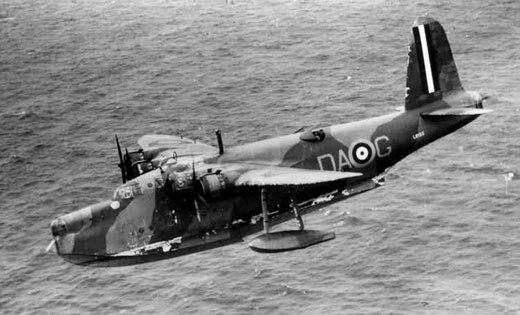Air Operations, Europe
- Hull and Wick in northeast Scotland are bombed by daylight. 12 are killed and 22 injured.
- 12 Hampdens bomb the Kiel naval base. A one-ton bomb is dropped on the town of Kiel by the RAF. It is the largest weapon delivered thus far in the war. The Hampden bomber tries to hit a German warship in the harbor but fails after six runs. The bomb is finally released in a non-military area because of a defective release mechanism.
- During the night Guy Gibson drops a 2,000 pound bomb near the Scharnhorst; the cruiser Prinz Eugen is hit by 2 small bombs.
Battle of the Atlantic
- The British corvette HMS Gladiolus and an RAAF Sunderland sink U-26 off Ireland. The entire crew of 44 is rescued by the British sloop Rochester.
U-26
Class Type IA CO Kapitänleutnant Heinz Scheringer Location SW of Bishop's Rock Cause Depth charge Casualties None Survivors 48 - The British destroyer Vansittart, escorting the British tug Salvonia to meet the damaged British steamer Zarian, attacks and sinks U-102 with the loss of all 43 crew off Ushant. U-102 was on her first war patrol, had attacked a convoy on 30 June off North Channel.
- U-30 sinks the British steamers Beignon (5218t) Clearton (5219t) of convoy SL-36 about 300 miles west of Ushant. The Beignon had picked up 84 survivors of British steamer Avelona Star. One crewman is lost and two are missing on the Beignon. Three survivors from the Avelona Star are missing. The British destroyer Vesper picks up the survivors of the Beignon. 8 crew are lost on the Clearton. The British destroyers Vesper and Windsor pick up the survivors of the Clearton 240 miles from The Smalls.
- U-29 sinks the Greek steamer Adamastos (5889t) southwest of Ireland. The entire crew is rescued.
Britain, Command
Vice-Adm Sir James Somerville takes command of Force H, a group that will patrol the western Mediterranean consisting of the carrier HMS Ark Royal, battlecruiser HMS Hood, and 2 battleships plus cruisers and destroyers.
[Channel Islands
German Soldiers in Jersey |
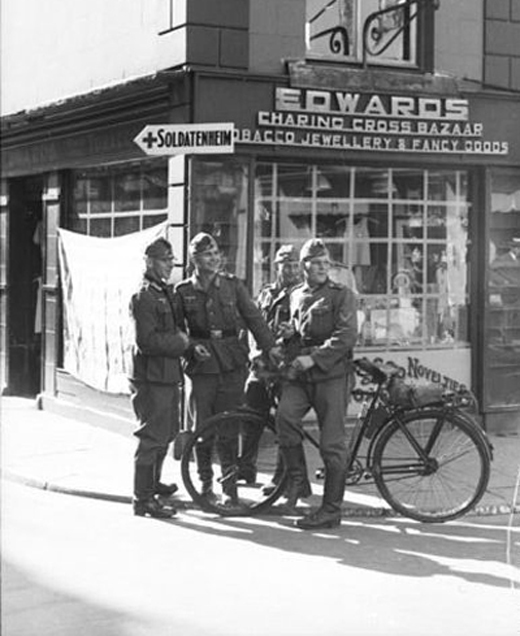 |
Diplomatic Relations
- Britain warns that she will not permit an Axis occupation of Syria.
- Sir Stafford Cripps, Britain's ambassador to Russia, carries a personal letter from Churchill to Stalin in which the British leader calls for a consultation between them in the face of Germany's intention to dominate all of Europe. Stalin responds candidly saying that Moscow's policy is to avoid conflict with Germany. He does predict, however, that Hitler might decide to attack the Soviet Union in the spring of 1941 if Britain should be out of the fight by then.
- Rome threatens to take military action against Greece, claiming to have proof that British warships were using Greek territorial waters for the purpose of attack against the naval forces of Italy.
- Germany calls on the United States to withdraw its diplomatic missions form Norway, Belgium, the Netherlands and Luxembourg by 15 July since Berlin will handle the foreign relations of those occupied countries.
German Raiders
The German armed merchant cruiser Thor captures the Dutch steamer Kertosono in the Central Atlantic.
[Japan
Sugar and matches are some of the various goods now being rationed.
[North Africa
Marshal Rodolfo Graziani succeeds Marshal Balbo as the new Commander-in-Chief of Italian forces in North Africa and Governor of Libya.
[Rumania
At Germany's request, Rumania renounces the Anglo-French guarantee of her territorial integrity. Hungary alleges there are frontier violations by Rumanian troops; several civilians are killed. Both countries begin massing troops along the border.
[United States, Politics
Roosevelt signs a further Navy bill providing for the construction of 45 more ships and providing $550,000,000 to finance these and other projects.
[